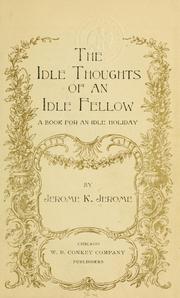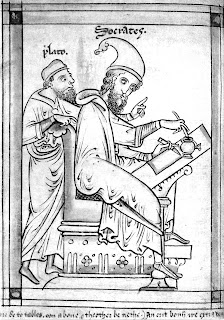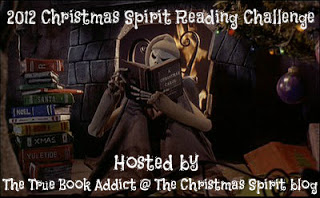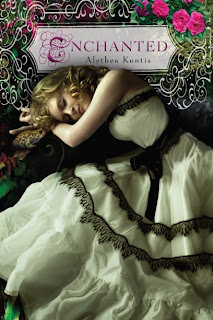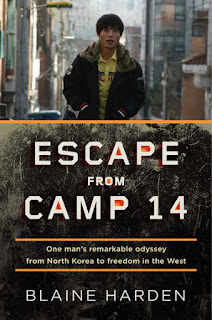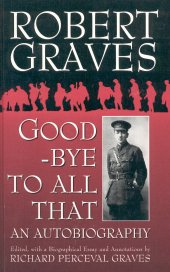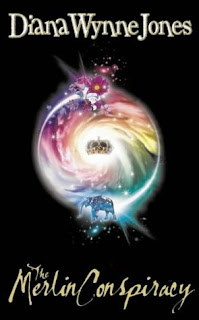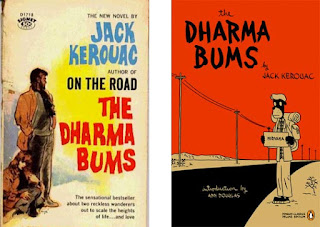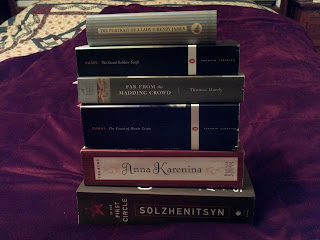Readathon

O's December Readathon is running this weekend! In between sewing, decorating, taking family pictures, and I don't even know what, here is what I will try to read: The Good Soldier Svejk : I'm about a third of the way through and having a lot of fun with Svejk. Plus I'm trying to figure out how to pronounce Czech, which is quite a project. Quo Vadis : Last week I didn't quite want to read a Christmas book yet, so I started a book about early Christians in Rome. It's great! But kind of bad timing on my part. I guess I'll read it very slowly. Return of the Native : I read the first 3 chapters today. I'll do some more tomorrow. Oh, and I should read a Christmas book!




